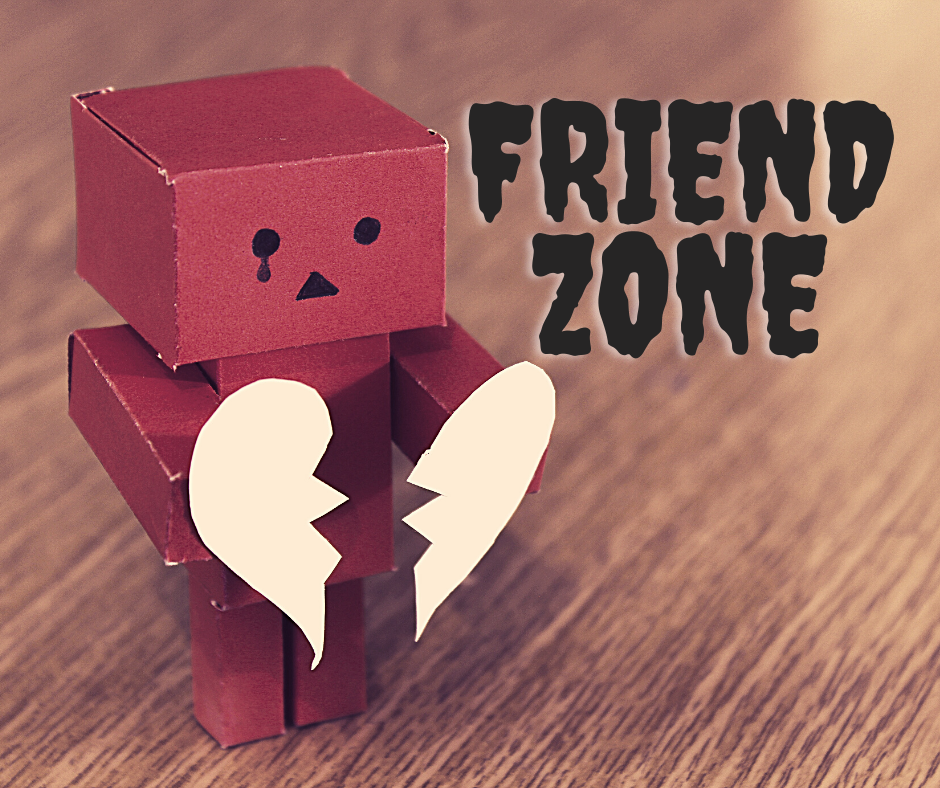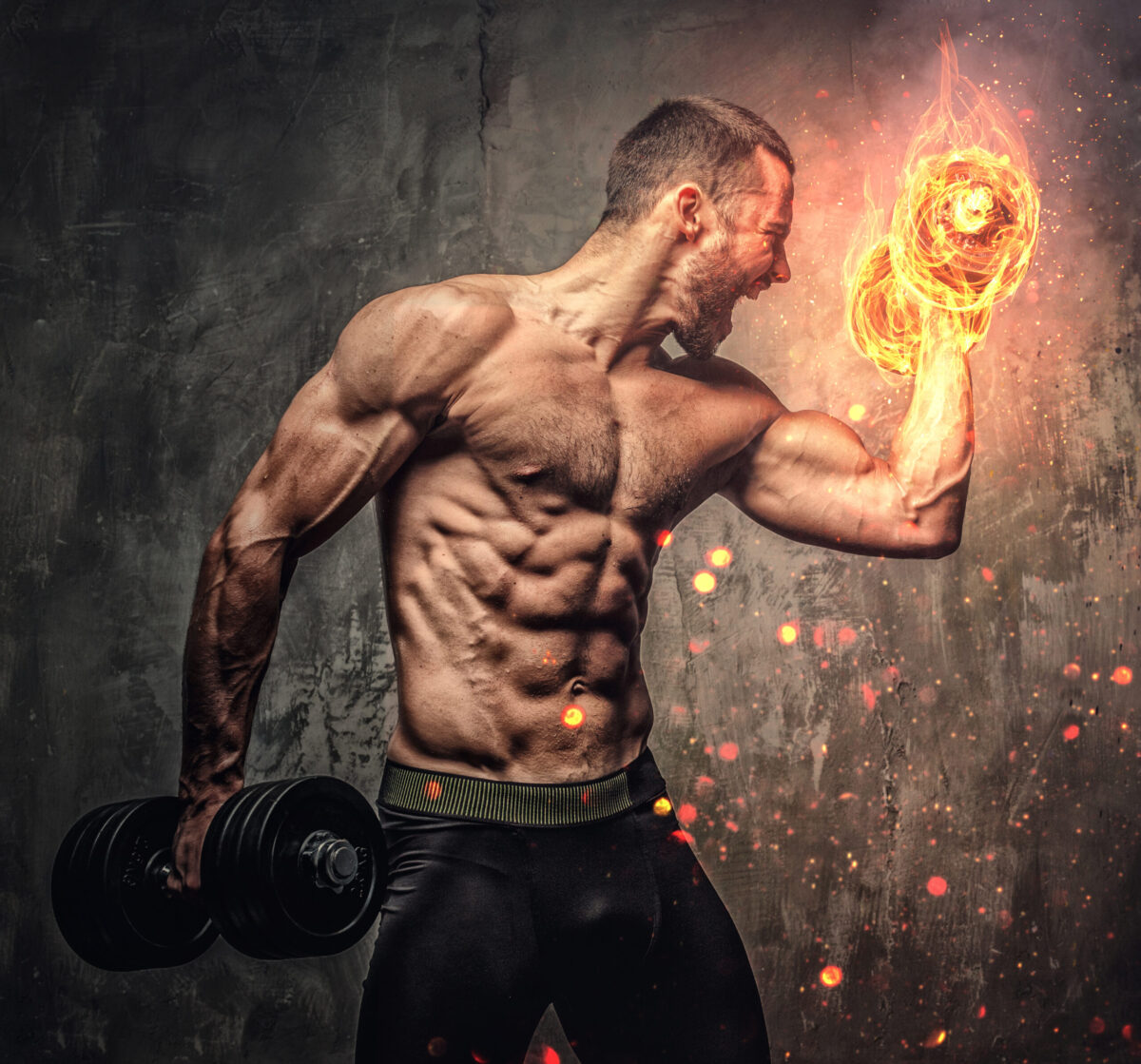I have made it my life’s mission to talk to men about feminism. It’s not that easy, though. You see, men don’t listen to women, especially women who talk to them about feminism. The problem is that men listen to other men. And you know what kind of men talk to other men? Let me tell you.
You probably know Jordan Peterson. The handsome silver fox who in another life we might have called daddy, who is clever and charismatic, and used to sort of make sense, even though he was terribly selective in the research he used to support his arguments. He just loves to talk about the biological differences of the sexes and how different men and women’s nature is, you know, the usual kind of stuff boomers say, but in the last few years, I almost worry about him. (I mean, even the best of us are in therapy to resolve issues with our mother and grandmother, and even the best of us cry all the time, but I don’t cry that much in front of the camera even when I talk about the hundreds of rape stories women have confided in me).
I don’t know if Peterson really lost it or if he’s doing it because every time he cries on camera he wipes away his tears with hundred dollar bills or for a completely different reason. I suspect he may be in the category of those who started their online career relatively modestly, and gradually became radicalized by their own audience. Yes, radicalization doesn’t just happen from the creator to the audience, it also happens the other way round and it’s a very interesting phenomenon that to a small degree, happened to me too. (To the left, to the left).
In the manosphere, in particular, many started out as, say, fitness coaches talking about squats and protein, and because of the public’s thirst for edgy content, they turned it into misogyny, alt-rightism, and machismo.
All the way to the dystopia of Andrew Tate. Who openly told young men to rape women to put them in their place, and the man wasn’t just talk, he practiced what he preached, he even had a trafficking gig. Talk about authenticity, living the criminal dream.
Tate was hugely influential but no longer exists on the internet. He had been cut from all social media except for a brief reappearance on Twitter, in which, thanks to the genius of Elon Musk, his account had been reinstated, but enter Greta Thunberg as a goddess ex machina, and he was sent to prison.
The thing is, Tate was just the tip of the iceberg. There are thousands of neophytes out there who want to be Tate in Tate’s place, and they’re doing everything they can to make it happen, because they know there’s a gap in the market and they are aching to fill the hole.
Tiktok is filled with would-be Taters (I don’t know if the word exists), telling fifteen-year-olds to be “real men”, to take steroids to get big, to stop whining, to stop acting like little bitches, to learn how to make money online, (probably by scamming 12-year-olds), to invest in crypto, and if they are in their twenties, they are worthless if they don’t have a lambo. A Lamborghini. In their twenties. In this economy.
Taters pop up on social media like dick pics in the dms of girls with pics in a bikini, and they constantly talk about what it means to be a man, which in their worldview is to be a gym bro, make tons of money, not talk about feelings and other simp stuff like that, be angry all the time and view women as holes, unless it’s time to procreate. (Even then, women won’t be real people, but household sex robots who cook, clean and provide sex and care).
Taters become pop sensations who actually influence millions of teenage boys who see a video first, and then another pops up on their feed, and another, and another, until they believe it all and adjust their idea of reality through the distorted filter of what we call problematic masculinity.
Men, especially young men, are in dire need of guidance. They are desperate for guidance from almost anyone to help them make sense of a changing world, a world where what they were taught as children, no longer seems to apply. They lived through the MeToo movement and saw women angry, and their immediate reaction was “not all men”, meaning defensive or passive aggressive, but that’s not enough anymore. They are becoming openly aggressive.
—
“How dare women be angry when it’s them who have all the privilege? The whole world tries to take care of them and protect them, how many women have you seen doing manual labor in a blue-collar job? They don’t have to go to war and they get saved first if the ship goes down.
But worst of all, these dirty hoes deprive Good Guys of sex, since none of them agree to have sex with me. By what right, you b*tch, do you say no to a Good Guy?
And they talk a load of nonsense about “patriarchy”, as if it’s not them who have the upper hand and have turned men to beta subs. They talk about “rape culture” as if we don’t all condemn true rapists, they say they don’t like wolf-whistles, then why did you wear that skirt you slut? To top it all, they say genders are more than two, all that woke bullshit, libtard feminazis, that’s what they are.
They say masculinity is “toxic” and they pretend they’re into dudes you can’t really call men, sissies, pussies, simps and beta males, who talk about their feelings and cry like little girls, all soft and weak, who will never be real men.
Because real men aren’t like that. They are tough. Strong. Powerful. Dominating. They don’t need to talk much. They’re alphas. These are the kind of men who win at life. Everything else is lies and propaganda, for a new order of things where men will lose their hard-earned rights and will be emasculated in childhood, growing up like girls, lest they express their true male biological nature. Whatever woke crap they try to sell us, is part of their Plan to feminize men, and the real man must resist”.
—
And resist they do. They resist by turning to neo-conservatism, i.e. alt-rightism, i.e. the far right, and misogyny. They desperately seek to belong and feel like they fit in a society that is changing at a swift pace, and where progressives laugh in their faces and call them uneducated fools. All they have left is hatred and resistance to anything progressive. They in turn mock and curse progressivism, because it is the only way to exorcise their fear and the threat that no one needs who they are anymore, no one needs what they were taught to be. Because the masculinity they think is pure and authentic, is an insidious social construct.
The trend is ubiquitous. The amount of misogynistic comments I get on Tiktok is heartbreaking. I do find them interesting, from an anthropological and sociological point of view, but what saddens me is that we could talk about so much more complex concepts, like analyze Barbie and beauty culture from a post-feminist and capitalist point of view, or redefine masculinity and deconstruct the male experience at a time when the delusion of patriarchy as a logical structure of society is being shaken to the core. But no. Still, after all this cultural shift, mentioning the word “femicide” or saying that a joke might be sexist makes you a feminazi. Honestly, I miss the dialogue we could be having.
Masculinity is in crisis and we don’t have enough positive role models of evolved masculinity. Modern masculinity. You know what we have? We have Bedros Keuilian. A pumped up Russian-American entrepreneur who has built an empire based on men’s need to belong, and to regain a sense that the masculinity they know still has value. Keuilian offers many services, he is also the writer of a book called “Man Up”, but the most infamous of all is the Modern Day Knight Project, which trust me, has nothing to do with romance or magic.
The MDK Project is a 75-hour bootcamp for the ultimate alpha male. Keuilian says “some would call it torture, but I call it opportunity”. Men go and pay money to have some ex-military dudes with muscles and cigars force them to roll in mud for three days, (we’re talking lots of mud), on wires and rocks, to hike up mountains loaded with gear, roll in mud again for long distances, while they are being bullied, screamed at and put through frat style hazing. They don’t let them sleep, they make them do drills that simulate Navy Seals’ Hell Week (that none of them have trained for), they nearly waterboard them, and even make them dig their own graves and lie in them until they nearly suffocate. A man died the 5th time the program ran. Of course, everyone has signed a liability waiver.
Do you know how much they pay for the privilege of doing the MDK project? Eighteen thousand dollars ($18,000).
If I wanted to laugh I’d say that’s the gayest cry for help I’ve ever seen, paying to be soaking wet for three days lying in ditches next to other sweaty men, that’s the only horse shoe theory I can subscribe to, because otherwise you’re better off paying a dominatrix to put you through this, it will be cheaper and in the end you could have sex if you want, but I don’t think you care about that at all.
But it’s not funny. What is the least funny of all, is that they have also created the Squire program for teenage boys, from 13-14 years old. They send the boys along with the fathers, so that the boys can become “men”. (Because normal childhood trauma isn’t enough, so let’s add some more for good measure).
In fact, the benefits of the program include “he will no longer behave like a child”. The narrative is chillingly accurate from the opposite side of our worldview. It’s that society wants boys to be weak and soft and that Hollywood portrays the male ideal of the submissive loser, so you need to protect your son from the feminization they want.
“They” refers to us who want kids to be kids. “They” refers to us who want men to be whole humans. Because patriarchy has drawn a vertical line down the human condition, and has decided on this side are the masculine traits: strength, protection, power, logic, and on this side the feminine: sweetness, care, communication, emotion. But women are allowed to borrow a bit from the masculine side, because for a woman, aspiring to be more like a man is positive, while for a man, wanting anything to do with femininity is shameful.
The point is not to be a man in touch with “your feminine side”. There is no feminine and masculine side. The point is to be whole humans, to live the full spectrum of humanity, or we condemn ourselves to self-mutilation and life in the prison of patriarchy. Stereotypical masculinity wants men to live half lives.
We have to protect our boys. Girls may be at risk from the beauty standards of Instagram and Tiktok and from the oligarchy of expected femininity, but boys are at risk of losing their very humanity at the altar of masculinity.


















